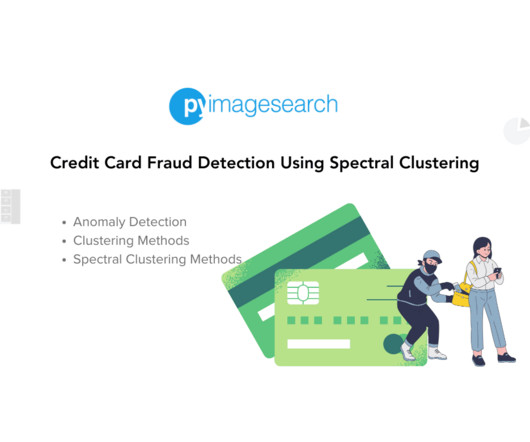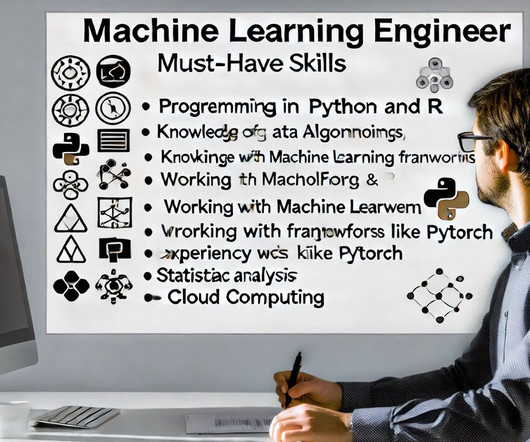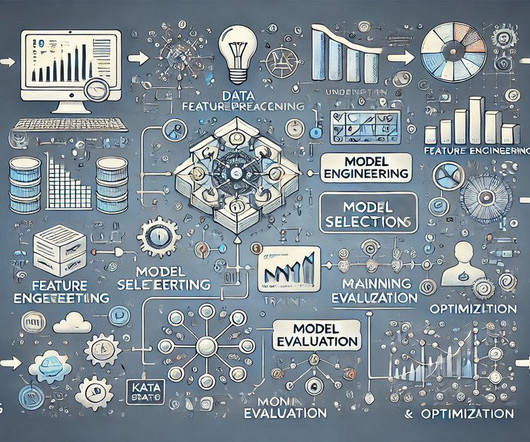Credit Card Fraud Detection Using Spectral Clustering
PyImageSearch
SEPTEMBER 16, 2024
Home Table of Contents Credit Card Fraud Detection Using Spectral Clustering Understanding Anomaly Detection: Concepts, Types and Algorithms What Is Anomaly Detection? By leveraging anomaly detection, we can uncover hidden irregularities in transaction data that may indicate fraudulent behavior.















Let's personalize your content